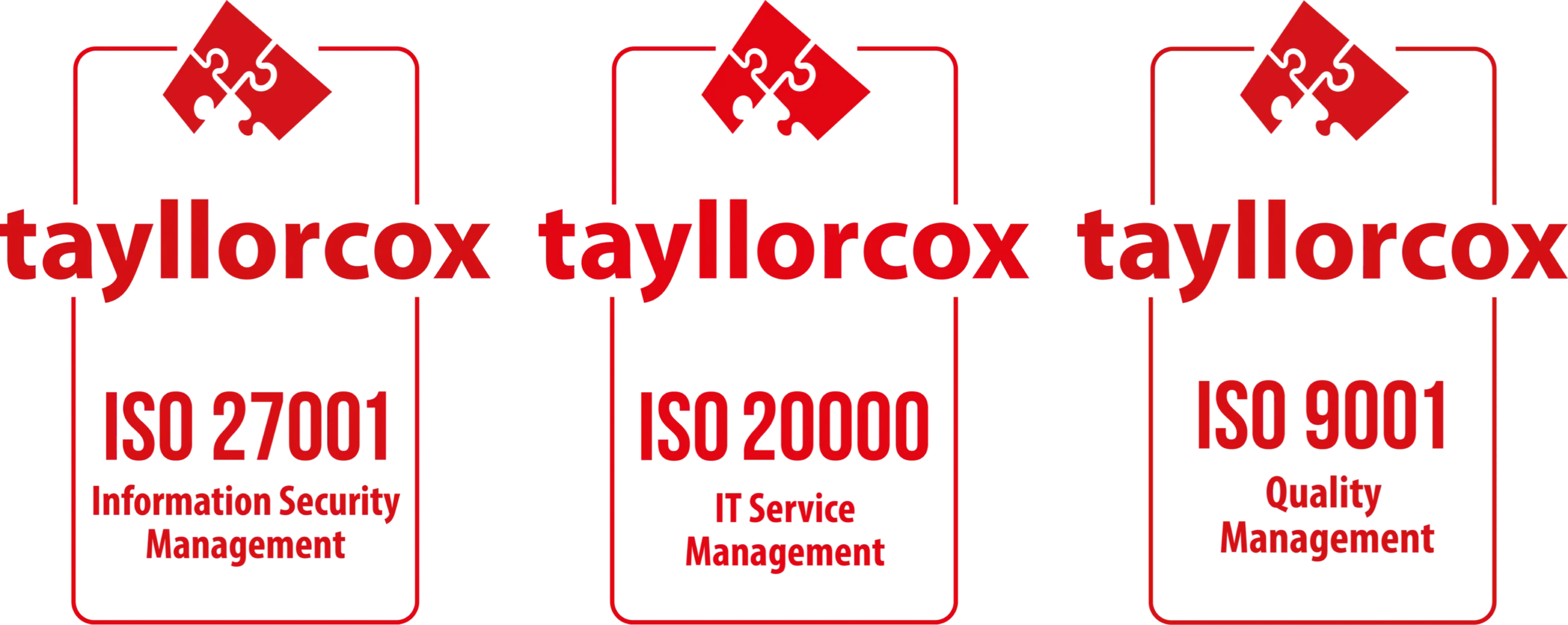UEFI
17.0.0 (Queens)
Nova supports configuring a UEFI
bootloader for guests. This brings about important advantages over
legacy BIOS bootloaders and allows for features such as secure-boot.
Enabling UEFI
Currently the configuration of UEFI guest bootloaders is only
supported when using the libvirt compute driver with a libvirt.virt_type of kvm
or qemu or when using the Hyper-V compute driver with
certain machine types. When using the libvirt compute driver with
AArch64-based guests, UEFI is automatically enabled as AArch64 does not
support BIOS.
Update this once compute drivers start reporting a trait indicating
UEFI bootloader support.
Configuring a flavor or
image
Configuring a UEFI bootloader varies depending on the compute driver
in use.
Libvirt
UEFI support is enabled by default on AArch64-based guests. For other
guest architectures, you can request UEFI support with libvirt by
setting the hw_firmware_type image property to
uefi. For example:
Hyper-V
It is not possible to explicitly request UEFI support with Hyper-V.
Rather, it is enabled implicitly when using Generation
2 guests. You can request a Generation 2 guest by setting the
hw_machine_type image metadata property to
hyperv-gen2. For example:




